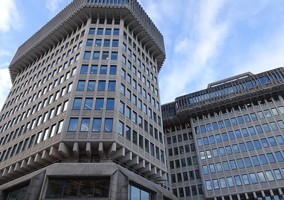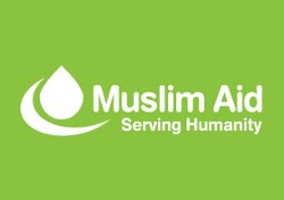The Charity Commission has launched an inquiry into the Catholic church network, Birmingham Diocesan Trust, to examine "serious failings" in its safeguarding proficiencies.
The charity is responsible for providing churches and schools in areas including Birmingham, Coventry, Oxfordshire, Staffordshire and Wolverhampton. It also provides relief for sick and poor catholics. Since 2018, there have been ongoing concerns with its safeguarding practices.
The inquiry, which was opened on 21 December 2018, comes after the Independent Inquiry into Child Sexual Abuse (IICSA) selected the charity as one of their two case studies as part of their investigation into the Catholic Church in February 2018, and organised a hearing into its historic safeguarding issues in November 2018.
In response, the charity created a new role of interim director of safeguarding improvement and commissioned reviews of its safeguarding practises which, according to the Commission who received these reports “highlighted some serous failings and concerns over how the charity was handling safeguarding matters”.
Although the charity notified the Commission about IICSA, and supplied it with documentation related to it, after requesting further information about its policies, the Commission said the response was “not sufficiently timely or adequate.
It added that it did not “provide adequate reassurance that the key risks were being swiftly and effectively managed”.
The inquiry will analyse how the charity deals with safeguarding in its governance, operations, and policies. It will focus on its risk management procedures, and handling of incidents reported since 2016, its responsibility to provide a safe environment for its beneficiaries and staff and its staff vetting processes. It will also examine the charity’s response to recent reviews and the extent that sufficient steps are being taken to ensure public trust and confidence in the charity.
Harvey Grenville, head of investigations and enforcement at the Charity Commission said that the concerns were “a matter of urgency”.
Given the charity’s size and scope he said that “the beneficiaries quite rightly expect to be confident and assured that the charity’s safeguarding governance is fit for purpose, and any areas identified for improvement are swiftly and properly addressed.”
He added that the charity’s trustees were cooperating with the inquiry and were “committed to resolving matters as soon as possible.”
Two additional assistant safeguarding coordinators
Following the launch of the commission’s inquiry, the charity has appointed two additional assistant safeguarding coordinators and has reorganised how safeguarding issues are reported to trustees. It has also commissioned external consultants to work with statutory agencies to manage safeguarding risks.
The charity has a safeguarding helpline listed on its website, staffed by four people. It is overseen by a Safeguarding Commission team of nine including representatives from the church, the NHS and the police. It also offers advice about what to do if someone thinks a person is at risk, training and external resources.
It runs the Diocesan Education Service, which represents the charity’s interest in 240 schools. According to the charity’s most recently published annual report, for the year ending 31 December 2017, this service is responsible for the day to day operations in schools including “safeguarding issues”.
Safeguarding procedures in the schools that the trust runs are not, however, to be included in the inquiry at this time.
In a response to the commission, the charity issued a statement. It said: “The Archdiocese is fully committed to cooperating with the Charity Commission as the inquiry unfolds.”
It added that, after the IICSA, the charity “took immediate action to improve its approach to safeguarding, and this work is continuing with additional resources in place to support this.”
The IICSA was set up and sponsored by the Home Office in 2015 following growing evidence of institutional failures to protect children from sexual abuse. Their inquiry concluded in December 2018. The report is due later this year.
The Birmingham Diocesan Trust has an income of £22.6m. It has 11 trustees and employees 147 employees and 11,700 volunteers.
|
Related articles












